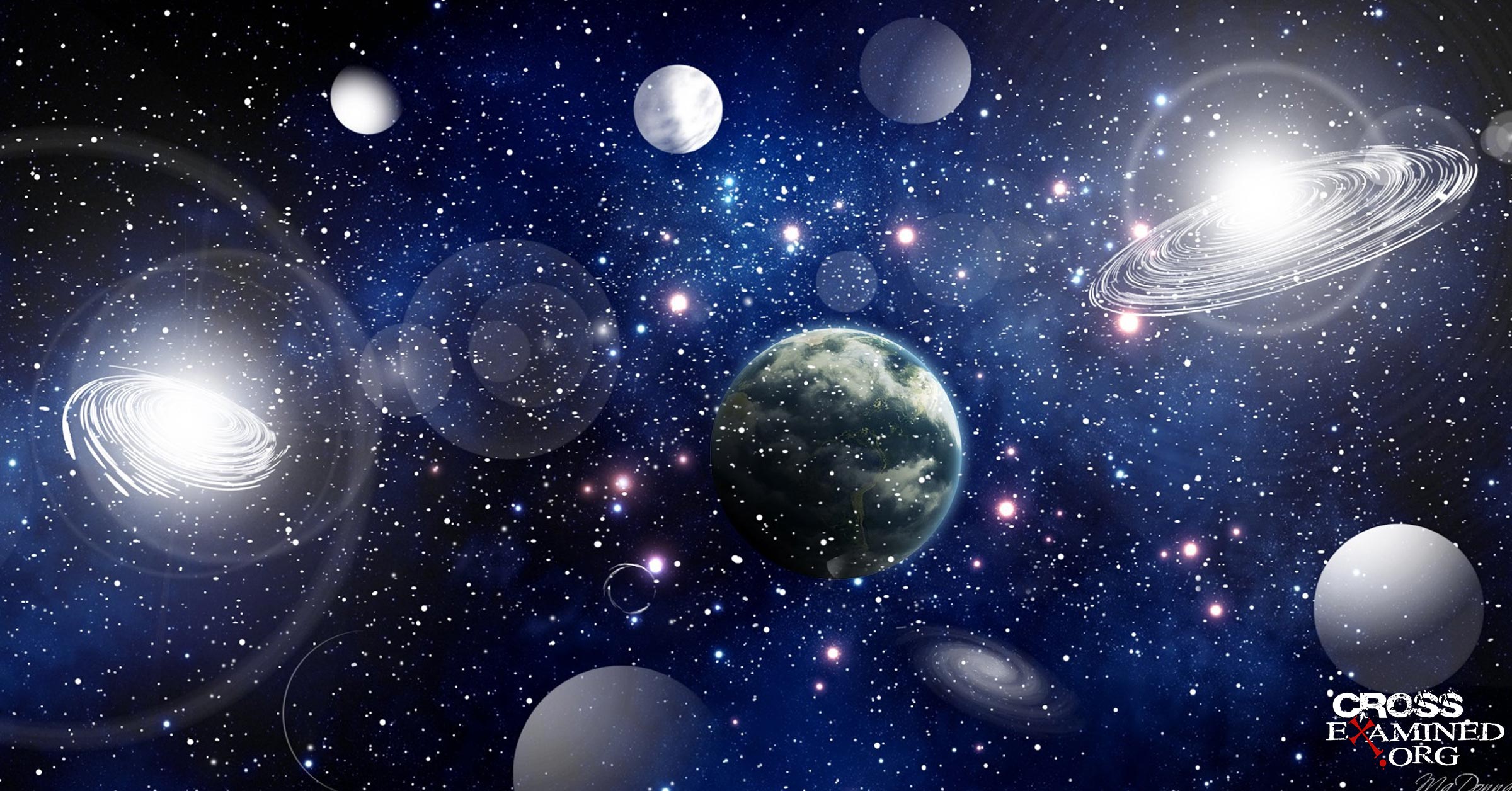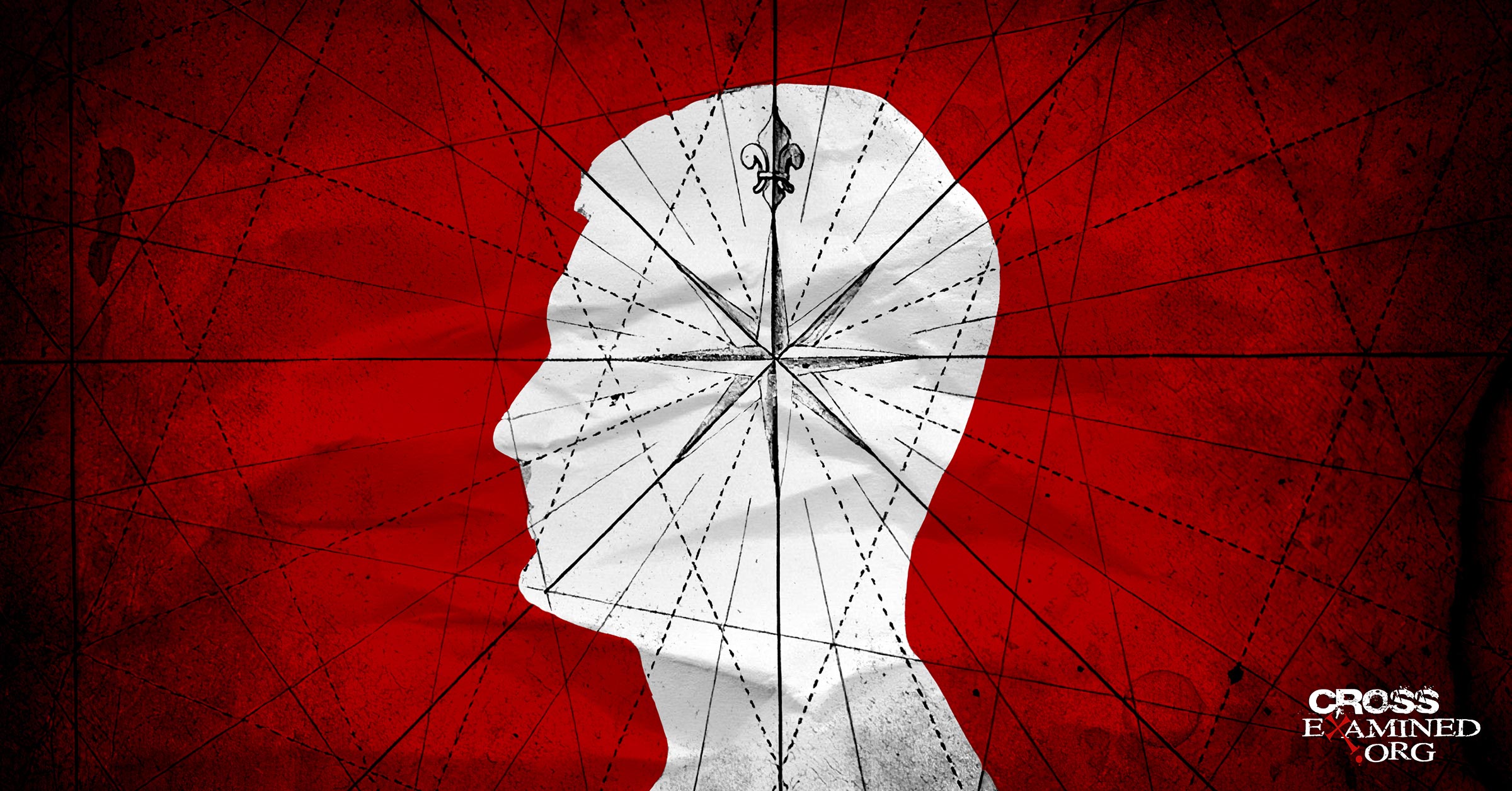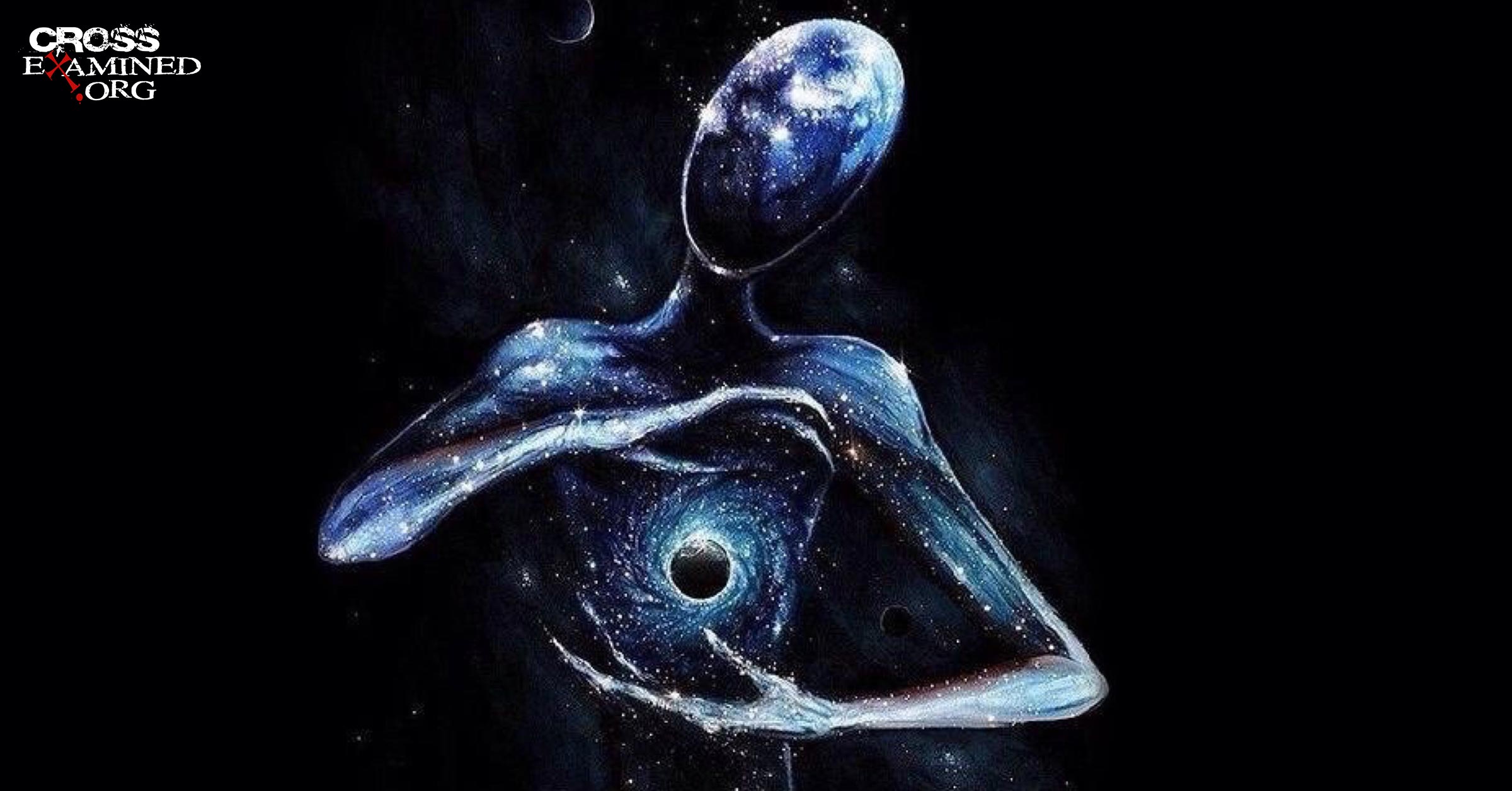One of the best arguments for the existence of a Creator and Designer of the universe is the cosmic fine-tuning argument. The argument argues that individual constants and quantities in nature cannot be much smaller or larger than they are, because it would remove the ability of the universe to support life of any kind. Dr. Michael Strauss, an experimental physicist, explains some examples of the fine-tuning in a recent post on his blog.
He writes:
I liken the finely-tuned universe to a panel that controls the parameters of the universe with about 100 knobs that can be set to certain values. If you turn any knob just a little to the right or to the left, the result is either a universe that is inhospitable to life or no universe at all.
Consider the knob that controls the strength of the strong nuclear force that holds quarks inside the neutrons and protons and binds the nucleus of the atom together. If the strength were increased by 2%, the element hydrogen would be either non-existent or very rare. Without hydrogen, there would be no water (H2O) or stars that burn hydrogen as their nuclear fuel like our sun. Without hydrogen, there would be no life. If the strength of the strong nuclear force were decreased by about 5%, then hydrogen would be the only element in the universe. That would simplify the periodic table and make Chemistry class very easy, but it would render life impossible.
All known life in this universe is based on the element carbon, which is formed in the final stages of a star’s life. The carbon you and I are made of is the result of the nuclear processes that occurred as previous stars ended their lives. One nice recent study showed that if the mass of the quarks that make up neutrons and protons were changed by just a few percents, then the process that makes carbon as stars die would be altered in such a way that there would not be sufficient carbon in the universe for life. The masses of the lightest sub-atomic quarks are the precise value that is required for carbon to form and for life to exist.
Regarding the multiverse, let me just quote from MIT physicist Alan Lightman, writing in Harper’s magazine about the multiverse:
The… conjecture that there are many other worlds… [T]here is no way they can prove this conjecture. That same uncertainty disturbs many physicists who are adjusting to the idea of the multiverse. Not only must we accept that the basic properties of our universe are accidental and uncalculable. In addition, we must believe in the existence of many other universes. But we have no conceivable way of observing these other universes and cannot prove their existence. Thus, to explain what we see in the world and in our mental deductions, we must believe in what we cannot prove.
Sound familiar? Theologians are accustomed to taking some beliefs on faith. Scientists are not. All we can do is hope that the same theories that predict the multiverse also produce many other predictions that we can test here in our own universe. But the other universes themselves will almost certainly remain a conjecture.
The multiverse is not pure nonsense; it is theoretically possible. But even if there were a multiverse, the generator that makes the universes itself would require fine-tuning, so the multiverse doesn’t get rid of the problem. And, as Lightman indicates, we have no independent experimental evidence for the existence of the multiverse in any case. Atheists just have to take it on faith and hope that their speculations will be proved right. Meanwhile, the fine-tuning is just as easily explained by postulating God, and we have independent evidence for God’s existence, like the origin of biological information, the sudden appearance of animal body plans, the argument from consciousness, and so on. Even if the naturalists could explain the fine-tuning, they would still have a lot of explaining to do. Theism (intelligent causation) is the simplest explanation for all of the things we learn from the progress of science.
It’s very important to understand that if these values were any different, then it’s not like we would bridges on our foreheads, or have green skin, or have pointy ears, etc. That’s what science fiction teaches you. And many atheists form their view of science by watching science fiction entertainment. But the truth is that the consequences of changing these values are much more consequential: no stars, no planets, no hydrogen, no heavy elements, the universe re-collapses into a hot fireball. You’re not going to have complex, embodied intelligent agents running around making moral decisions and relating to God in a world like that.
Questions like the existence of God should be NOT decided by feelings and faith and superstitious nonsense. They ought to be decided by evidence. Specifically, scientific evidence. Everyone has to account for this scientific evidence for fine-tuning within their worldview, and they have to account for it in a way that is responsible and rational. Punting to the multiverse, without any evidence for it, is neither rational nor responsible. Holding out hope that the evidence we have now will all go away is neither rational nor responsible.
By the way, if you are looking for a good book on the cosmic fine-tuning, especially for evangelism and debating with atheists, you really need to get a copy of “A Fortunate Universe. “ Although it is from one of the most prestigious academic presses, it is pretty funny to read, and the main points are made clear, even if you don’t understand science. Two astrophysicists wrote it – one who believes that God is the best explanation of the fine-tuning, and one who doesn’t. I really think that Christians need to get used to the idea that evangelism can be pretty easy, so long as you are arguing from peer-reviewed facts. When you get a good book on evidence for God that is not in dispute, then you are invincible. Everybody ought to believe in God in a universe with this much overt scientific evidence spilling out everywhere. Whether this Creator and Designer is the God of the Bible, who visited us as Jesus of Nazareth, takes more work to establish. Working through the emotional objections people have to God, and coaching them to take on the difficulties of living out an authentic Christian life (very unpopular!), is even harder.
Recommended resources related to the topic:
How Old is the Universe? (DVD), (Mp3), and (Mp4 Download) by Dr. Frank Turek
God’s Crime Scene: Cold-Case…Evidence for a Divinely Created Universe (Paperback), (Mp4 Download), and (DVD Set) by J. Warner Wallace
God’s Crime Scene: The Case for God’s Existence from the Appearance of Design (mp4 Download Set) by J. Warner Wallace
God’s Crime Scene: The Case for God’s Existence from the Appearance of Design in Biology DVD Set by J. Warner Wallace
What is God Like? Look to the Heavens by Dr. Frank Turek (DVD and Mp4)
I Don’t Have Enough Faith to Be an Atheist (Paperback), and (Sermon) by Norman Geisler and Frank Turek
Original Blog Source: https://bit.ly/3fOnx2v










